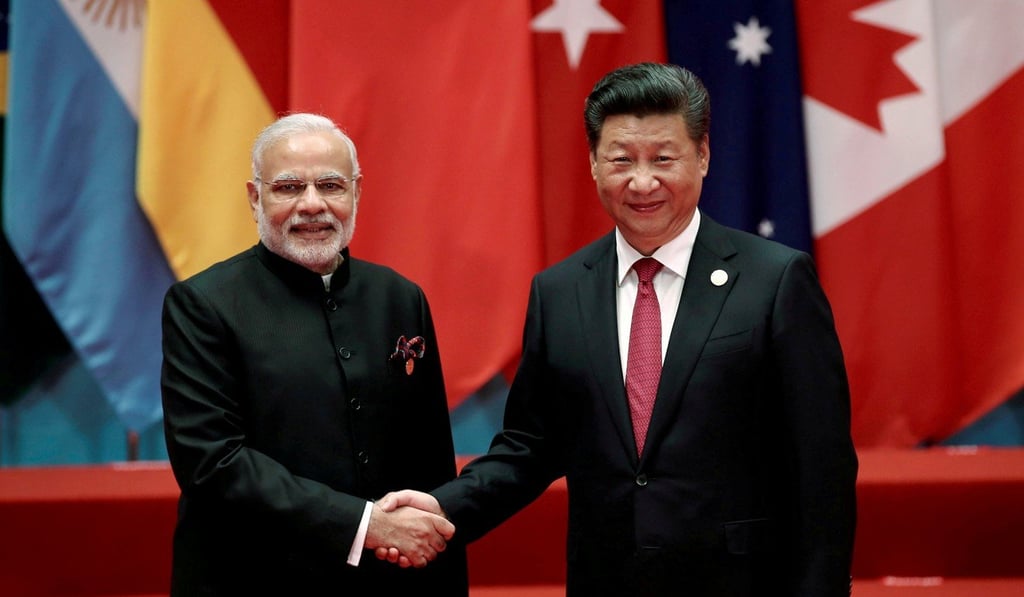Advertisement
Opinion | For China, 62 billion reasons to be cautious in India-Pakistan crisis
- Beijing has long walked a tightrope between Delhi and Islamabad, but the US$62 billion China-Pakistan Economic Corridor has changed the game. Can it maintain these newly close relations while preserving regional stability?
Reading Time:3 minutes
Why you can trust SCMP

Caution has been the defining characteristic of China’s past responses to Indo-Pakistan crises, and this week has been no different.
Following the attack by the Pakistan-based Jaish-e-Mohammed (JeM) terror group that claimed the lives of 40 Indian security personnel in Pulwama, in the disputed region of Jammu and Kashmir, tensions between the neighbours are at their highest since the Mumbai terror attacks of 2008.
The subsequent Indian air strikes on a JeM camp in Balakot, Pakistan, marked the first use of cross-border air power since the 1971 war.
Beijing’s response this past week has closely mirrored its handling of past Indo-Pakistan tensions, where it called on both sides to show restraint. Foreign Minister Wang Yi delivered this message to both India’s External Affairs Minister Sushma Swaraj – who happened to be visiting China for a Russia-India-China (RIC) summit – and to Pakistan’s Foreign Minister Shah Mahmood Qureshi in two phone conversations.
Advertisement

At the RIC summit on Wednesday, Wang came down hard on “breeding grounds of terrorism”, and Swaraj thought his remarks important enough to highlight to the media, saying it showed China and India would cooperate on eradicating those breeding grounds, in what was seen in India as a reference to Pakistan. The RIC joint communique also expressed in strong terms a common strategy on terror.
Advertisement
Yet by the time Wang was back in Beijing on Wednesday evening, he was on the phone to Qureshi, expressing China’s view, in an apparent reference to India’s air strikes, that countries should respect territorial sovereignty and not violate the norms of international relations.
Advertisement
Select Voice
Select Speed
1.00x
